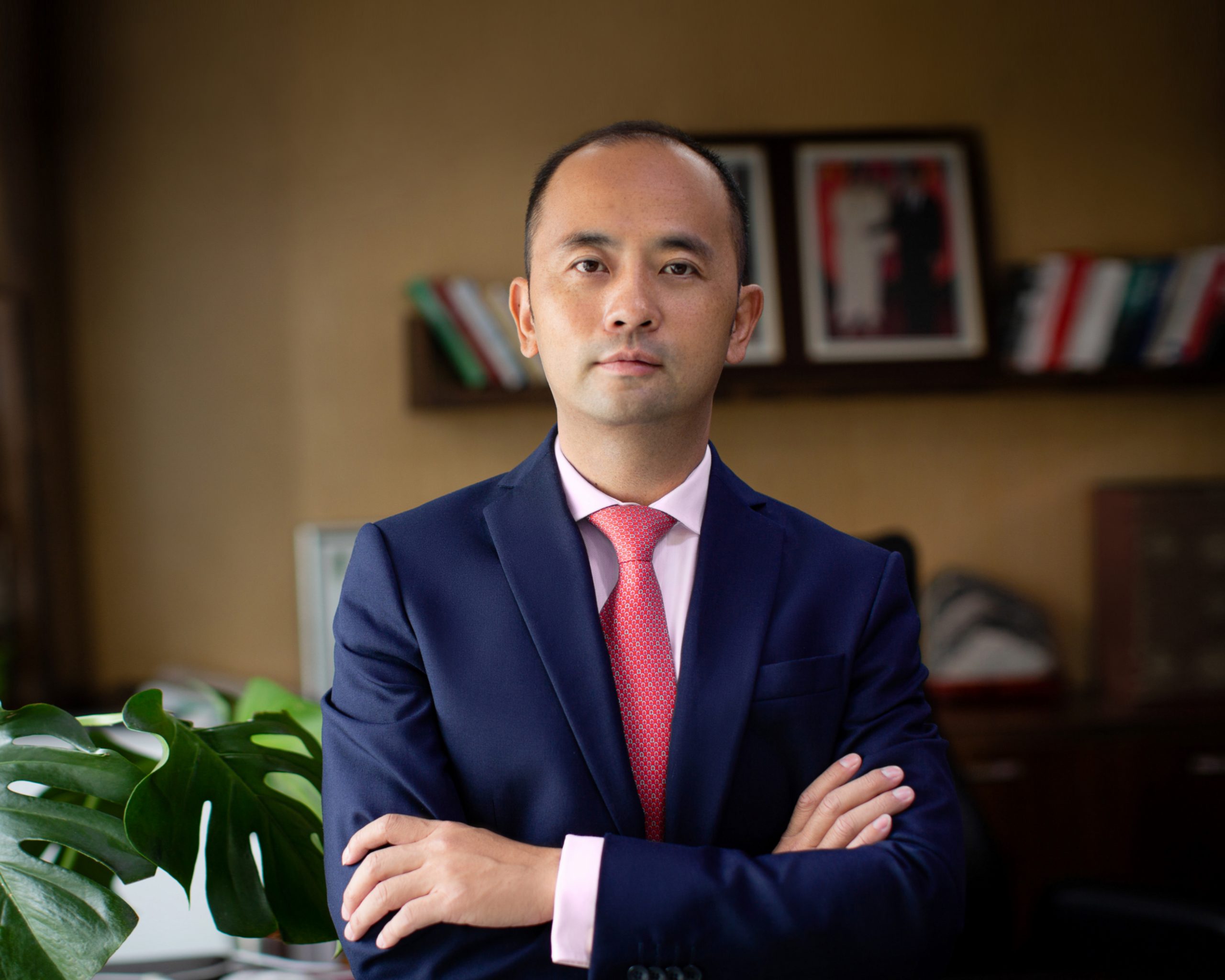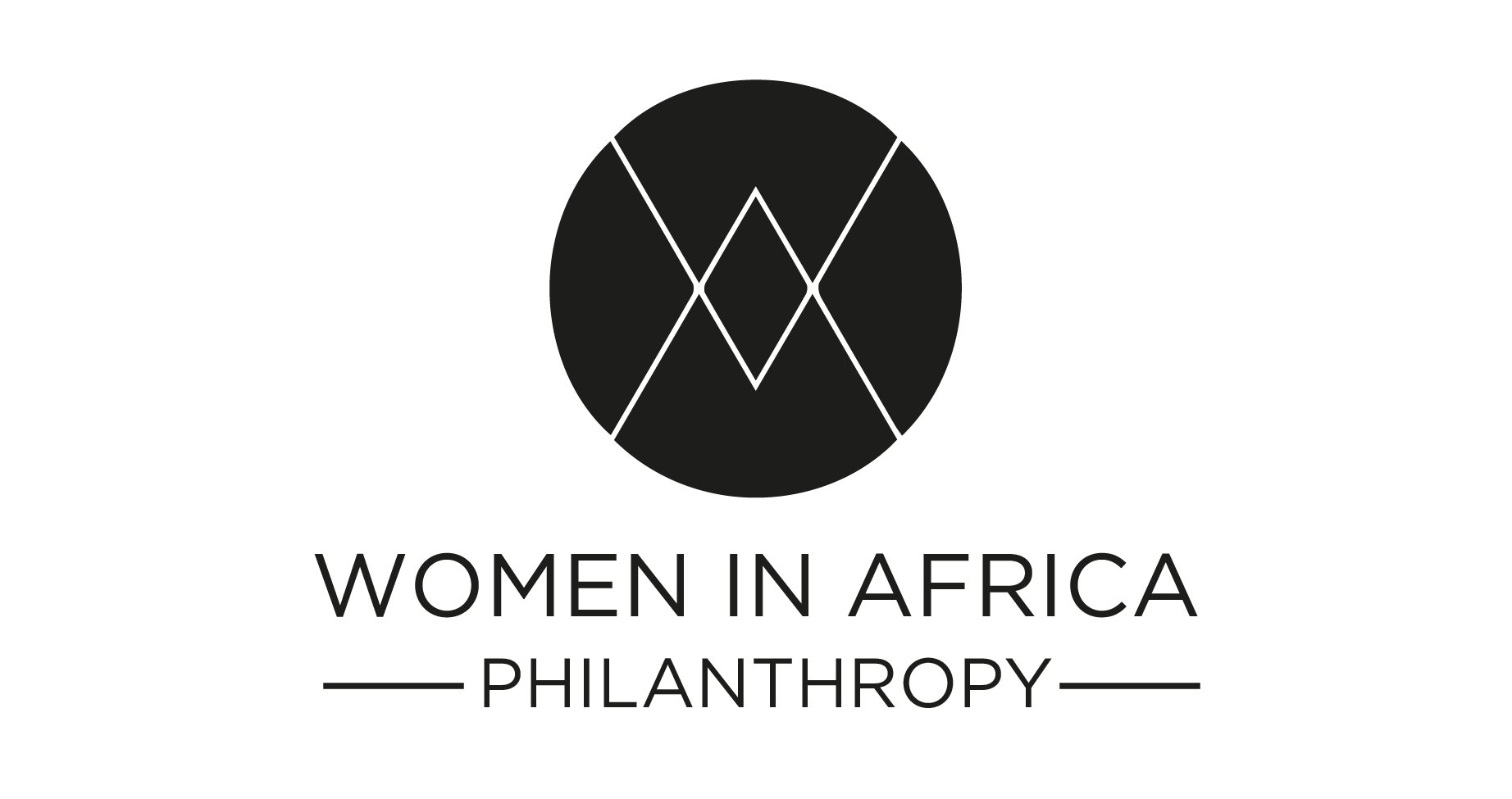Philippe WANG : “We believe in the power of New Information and Communication Technologies (NTIC) to strengthen women’s leadership in Africa.”

Philippe WANG joined the Huawei Group in 2009 and has successively held the various positions of Key Account Director of Orange, Managing Director of several countries (Togo, Benin, Gabon, Equatorial Guinea), then Executive Vice-President of the West-African region. Since October 2018, he has been Executive Vice-President of Huawei Northern Africa. He is a graduate of an IAE master’s degree in Management.
Africa is experiencing the Fourth Industrial Revolution. According to you, what are the advantages of the continent in terms of digital transformation?
The increasing youth population of the African continent is its main asset. According to the United Nations, 30 million young people will be entering the labor market each year by 2030. This figure is significant and will undoubtedly increase the continent’s chances of completing a digital revolution in the most literal sense – which is already underway.
Indeed, Africa has a young, massive, connected population accustomed to entrepreneurial initiatives. To address its backlog on infrastructure, the continent had to rely on digital technology, sometimes even faster than in other world regions. The massive use of mobile money is a perfect illustration of that fact. Moreover, the sometimes-complex economic circumstances have made the continent a major pool of potential entrepreneurs. In Senegal, individual project creators represent 81.8% of the 400,000 economic units surveyed.
Given these factors, the environment is extremely favorable for a large-scale digital transformation. The current challenge is to create jobs, starting with the training of the living force of the continent: its youth.
Huawei has been investing in the continent for several years and is closely supporting this digitization. What are the major issues of Huawei’s development on the African continent?
As a global leader providing solutions and infrastructures on ICT, Huawei’s vision is to give every individual, household and organization access to digital technologies. We have been established on the continent for more than twenty years, and we are committed to seeing this vision of a fully connected and intelligent world becoming a reality in Africa.
In cooperation with our local partners, Huawei provides telecom operators with innovative, secure and reliable network products and solutions to accelerate the development of the digital economy in African countries. By strengthening the infrastructure of each of these spaces, we are helping to bridge the digital gap in remote areas of the continent.
We also firmly believe that digital education for young generations is a lever for development. Thus, Huawei has trained several thousand people in Africa over the past few years, and this only through the Huawei ICT Academy program. Our plan is to train 150,000 people over the next five years, with a series of initiatives that align with each country’s digital strategies. The goal is to encourage young Africans to take advantage of the infinite possibilities offered by digital technology, thereby supporting Africa’s economic growth and development.
Africa is experiencing both a digital and gender divide. What type of solutions Huawei offers to meet these challenges?
Huawei strongly believes in gender equality and the leadership role of women entrepreneurs in Africa. In 2016, Huawei committed to the cause of gender equality by launching an internal initiative to encourage male colleagues to support the UN HeForShe campaign to achieve gender equality.
In June 2018, Ms Chen, Vice President of the company and Director of the Board of Directors, participated in the Women4Tech Summit at the Mobile World Congress Shanghai and delivered a keynote speech entitled “Embracing the Digital Era”. In her speech, Ms. Chen highlighted that the digital age will benefit women.
Since early 2020, the EU office in Brussels has launched a series of #Huawei4her interviews with women leaders to address topics ranging from women’s education to science, technology, engineering, and mathematics (STEM) to career development.
Finally, Huawei continues to work towards the emergence of tomorrow’s talented women. We recently won the Top Employer label and continue our commitment to promoting our women’s teams.
What advice would you give to young women graduates who would like to work for a global company like Huawei?
We would advise these young women to believe in their talent, but above all to continue to learn, to open up, to educate themselves, to train themselves. At Huawei we value in each person, without distinction, dynamism, initiative, curiosity, and the desire to go beyond their limits.
We firmly believe that education is key to the emancipation of young generations in Africa, and this is especially true for young girls. This is why, among other things, Huawei has deployed its ICT Academy programme in many African universities. The aim is to provide students, and especially young women, with cutting-edge ICT knowledge.
Huawei decided to support the creation of the WIA Young Leaders program in 2021. Women in Africa announced the five winners a few weeks ago. Some of them work in tech and IT environments. How does Huawei commit to supporting these women in the digital sector?
We believe in the power of New Information and Communication Technologies (NTIC) to strengthen women’s leadership in Africa. Although women have often been “late users” of ICTs, they now perceive the immense potential for emancipation and development that digital technology can bring to their professional and personal lives.
It is in this sense that we are very proud to allow, alongside Women in Africa and the WIA Young Leaders program, these 5 talented young women to receive an ambitious and visionary digital training course.
Can you tell us more about your desire to engage with WIA to promote women’s leadership and more broadly support the continent’s economy?
Huawei is a company present in Africa, working for Africa. We are committed to supporting the sustainable development of the continent, which cannot be considered without a serious strengthening of the empowerment and emancipation of African women – the engines of the continent’s economy.
We believe that the digital sector is the best way to achieve this emancipation. Although Africa is one of the regions of the world with the higher number of women entrepreneurs, less than 30% of them work in professions related to the digital sector.
It is in this spirit that we have approached WIA, a relevant organization, to further strengthen our commitment to Africa, and more particularly, to African women. More and more African women were born in the digital age, choosing to enter the new technology and digital sector. We support them with our solutions and infrastructures, but we want to do more, and allow young women and girls to explore all the possibilities that the digital revolution offers.
How do you see the digitalized Africa in the future?
Despite the impact of the Covid-19 pandemic, Africa has remained connected. The continent, with its very young population, is full of young talent. The challenge for Africa is now to train young people born in the digital era, to strengthen digital ecosystems, thereby creating the jobs that will lead the continent to the development it is promised to live.
Huawei has been supporting African states in their digital transformation for several decades. Legislative and financial reforms must now accompany a new growth pact, focused on the inclusion of women and youth, green energy, health, education and digital.

